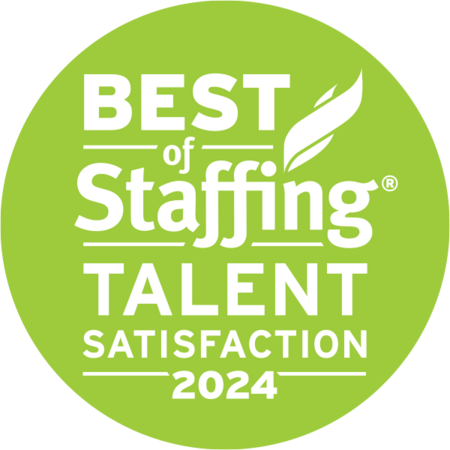If recent events of have taught us one thing, it’s that the future is unpredictable.
CFOs have been especially challenged during this unprecedented year, and reforecasting has become a more frequent requirement. Increasingly, finance leaders are turning to more agile models with multiple scenarios planned. This agility is key to navigating through the turbulence to the recovery.
Our team has put together five recommendations to guide your business into Q4 and beyond:
Adapt Scenarios to Particular Challenges
Under normal conditions, tailoring scenarios for stable, bull and bear markets might have been sufficient. However, the ongoing financial crisis and enduring pandemic demand a new approach to traditional planning. Consumer behavior has changed. The economy is turbulent. International supply chains are disrupted. CFOs must think about unique risks, challenges and opportunities shaped by a volatile environment—the short, medium and long-term effects—and forecast various scenarios accordingly.
Identify and Track Early Indicators
Identifying what may cause a downturn or upturn immediately can support effective scenario planning. Monitor different data sources (news, government agencies, the stock market, social media) and other industry leaders to understand what is affecting micro and macro changes in real-time. Define what leading indicators are most relevant to your business and monitor them constantly to keep your finance team ahead of the curve.
Develop Agile Teams and Talent
Companies need flexible resources to remain agile in this unstable economy. The current climate is an ideal time to employ temporary consultants. Experienced consultants do whatever is necessary to address issues and provide solutions. Hiring temporary resources can ease pressure for the entire team, support surplus work and help move the company in a positive and productive direction.
Encourage Cross-Team Collaboration
Contributions from multiple departments (human resources, information technology, sales, marketing) support the CFO in evaluating data to forecast proficiently. Shared knowledge ensures all aspects and operations of the business are analyzed for constructive financial scenario planning. Cross-team collaboration and a common, comprehensive strategy make a big impact for the bottom line.
Reforecast, Again and Again
Resiliency is a major factor for success. There is no one-size-fits-all method for surviving and thriving during uncertain times. A CFO’s ability to quickly and frequently adapt based on new information is key for progress. Reforecasting will be required more frequently—contingent on outside indicators and their influence on KPIs. According to McKinsey, “CFOs must permanently build speed and flexibility into forecasting, planning, and resource-allocation processes.”
Flex your agile forecasting muscles—there is no better time than the present to plan for the future.





